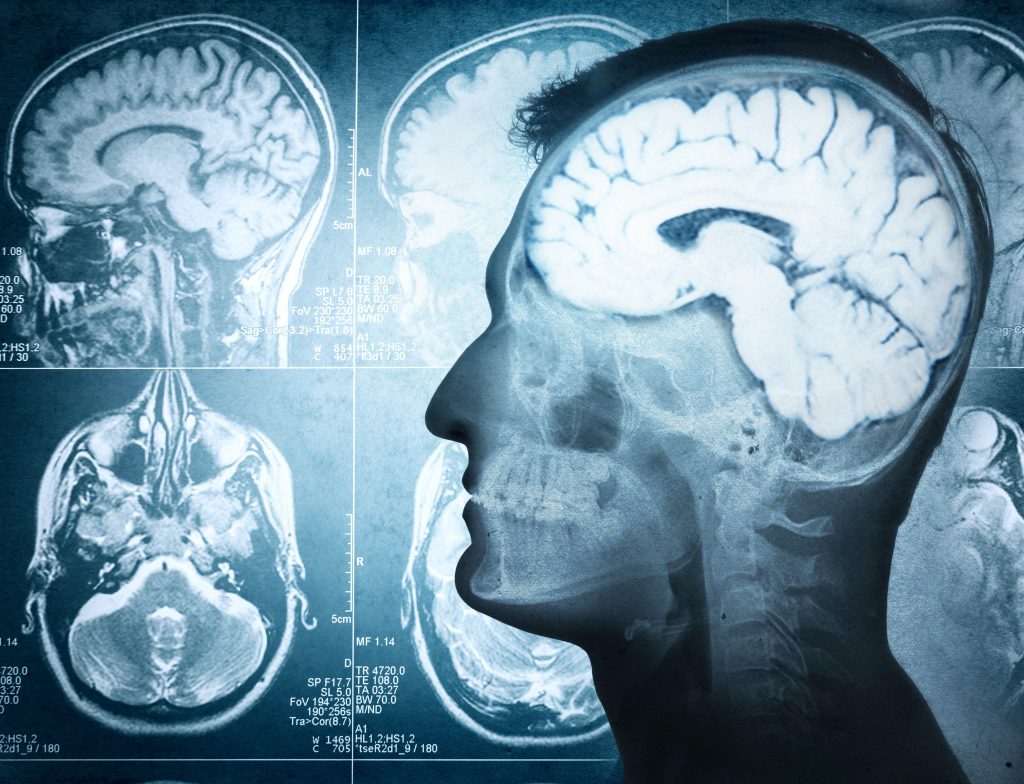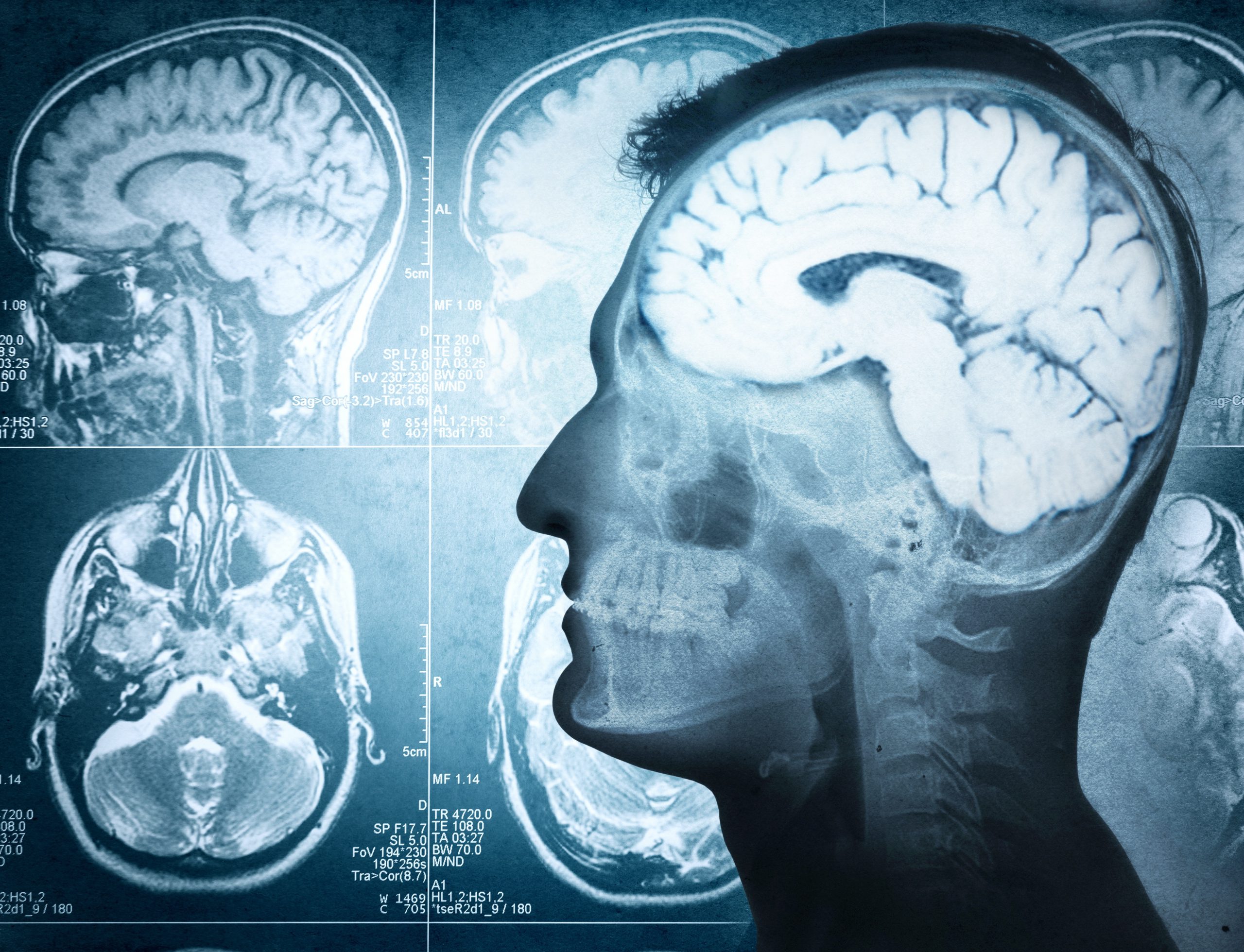
There are many different types of neurological conditions, some hazardous and some not so. Some can be hereditary or acquired by your environment; others require medication to control the symptoms, while others may go away on their own after a specific period. If suffering from any of these illnesses, talk to your doctor to find the best solution for your situation. If you have any symptoms or have been diagnosed with a neurological condition, you should see an Oxnard neurocritical care specialist for assessment and treatment. Neurological disorders can cause severe health and lifestyle problems, and early intervention can make a huge difference. Below are some of the most common neurological conditions.
- Brain Trauma
The treatment of a head injury depends upon the severity of the damage. You can treat minor injuries with rest and medications to help you feel better. If your symptoms last more than 24 hours, you should consult a neurosurgeon as it may signify damage to the underlying brain tissue that needs immediate attention. Moderate and severe head injuries require neurosurgeon intervention to help relieve pressure and swelling on the brain. If bleeding occurs, surgery can remove blood or fluid collections.
- Cerebral Edema
Cerebral edema is swelling of the brain caused by excess fluid. It’s usually a result of head injury, stroke, or infection. It can lead to increased pressure on the brain, which can cause serious health problems, including loss of motor function, paralysis, and even death if treatment isn’t sought immediately. Cerebral edema needs immediate medical attention as the pressure in the brain can cause irreversible damage.
- Cerebrovascular Accident (Stroke)
A stroke occurs when there is a blockage or rupture of blood to any part of your brain. A stroke can lead to serious health problems. Symptoms may vary from person to person but may include slurred speech, double vision, numbness/weakness of the limbs and face, along with dizziness, and loss of balance.
- Brain Tumor
A brain tumor can form when cancer cells congregate in your brain instead of where they originate. It’s usually a slow-growing type of tumor, and symptoms often depend on the size and location. When symptoms occur, they may include headaches, changes in vision or hearing, nausea/vomiting, dizziness, and problems with balance.
- Neuromuscular Disease
Several neuromuscular diseases can affect the brain and spinal cord. These include ALS, multiple sclerosis, muscular dystrophy, myasthenia gravis, and Guillain-Barre syndrome. Symptoms vary depending on the disorder but may consist of muscle weakness or paralysis, tingling or pain in your limbs, vision problems, fatigue, and slurred speech. When you develop a degenerative neuromuscular condition, it means your nerve cells and muscles aren’t working correctly, causing weakness or movement problems.
In summary, you can suffer from many different neuromuscular diseases, which vary in levels of severity. Common examples include neuromuscular disease, brain tumor, cerebral edema, cerebrovascular accident, and brain trauma. If you have any neuromuscular condition, you should see a specialist for immediate treatment.
